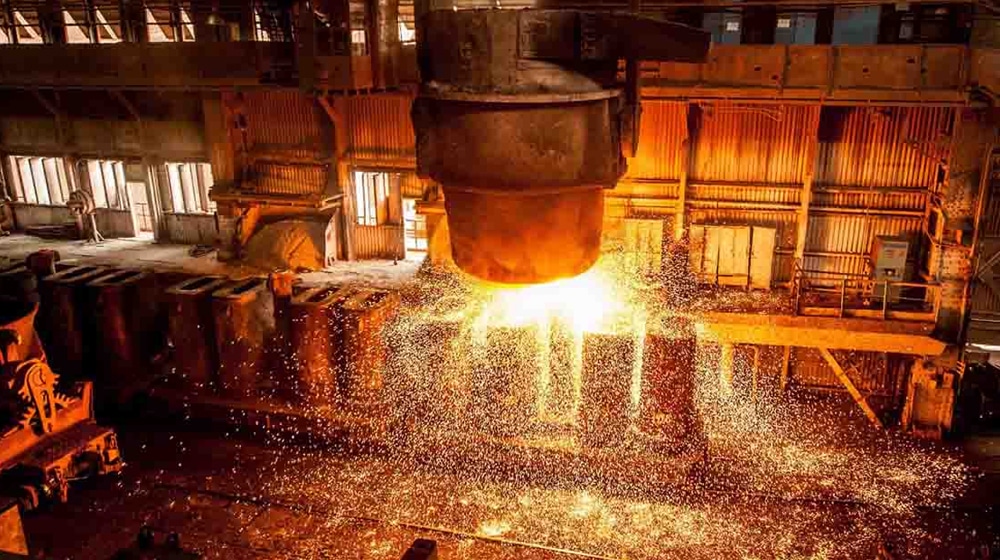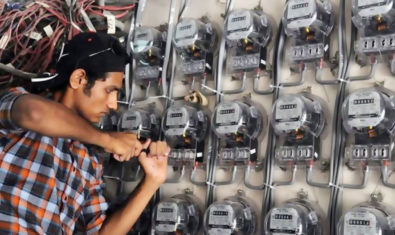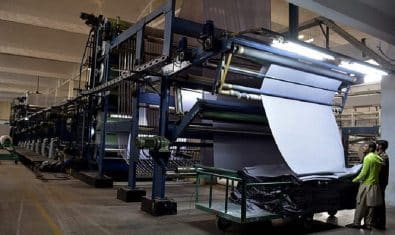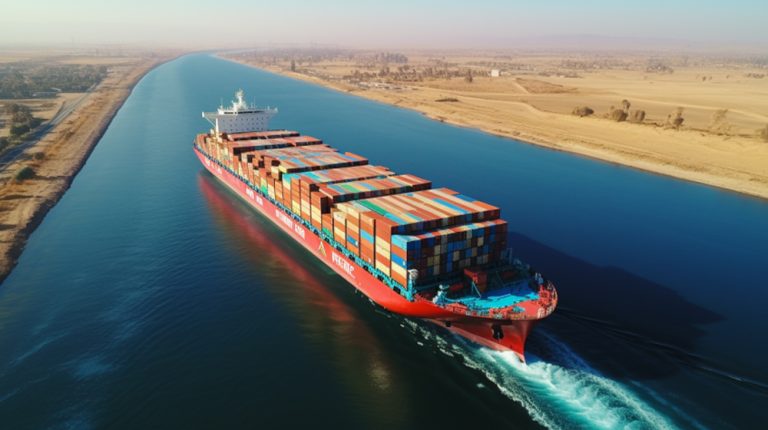Pakistan Association of Large Steel Producers (PALSP) has appealed to the government to release maximum the Public Sector Development Program (PSDP) funds without any delay to revive the industry as well as the troubled economy after the massive destruction caused due to unprecedented floods.
The Association says it will help stimulate economic growth, create much-needed job opportunities and provide a breather to the entire industry of the country.
For the fiscal year 2022-23, the government has allocated a federal development budget of Rs. 800 billion under PSDP. For the first quarter of the current fiscal year, the government drastically cut the development expenditure by amending the release strategy of funds of the PSDP 2022-23 vide Finance Division Notification No F. 3(I)FO/2022-23. The percentage of development funds released for the first quarter has been slashed from 20 percent to 10 percent (that is Rs. 80 billion of the total of Rs. 800 billion of the PSDP).
Also, in the last quarter of the fiscal year 2021-22, no releases in PSDP expenditure were made. This happened for the first time in the last 75 years due to the non-availability of funds in the national kitty and the government stopped disbursing funds to development projects to finance a massive budget deficit.
As a result of the above situation, all government projects are almost at a standstill, and a slowdown of economic activity is witnessed. Due to low PSDP spending, the steel sector has remained under pressure for the past couple of years because it is highly correlated to PSDP expenditure. The worries of the sector further increased after a further and drastic reduction in PSDP funds release.
The major demand driver for the steel sector is the PSDP expenditure followed by Private Investments. The majority of the business is from government contracts ranging from Infrastructure to Highways, Dams, Offices Airports, etc. that are almost at a standstill.
The long steel industry has been facing serious troubles that have come about due to a bad economic situation and the high cost of doing business. Now, the situation worsened due to the devastating floods in Sindh, Punjab, Baluchistan, and Khyber Pakhtunkhwa which have left the supply chain hurtled down, affected demand, and roads and railways systems badly damaged. Heavy rains usually wreak havoc on the offtake of steel units, halting production and causing problems all over the place.
Demand faced a considerable hit due to the prolonged rain spells and slump in construction activities and transportation activity comes to a standstill. Due to demand contraction, the manufacturers are already carrying high inventory. Also, companies have not been able to import raw materials, including steel scrap, owing to restrictions placed on Letters of Credit (LCs) by the State Bank of Pakistan (SBP).
This situation could cause a shortage of steel products as soon as construction activities are revived in the country. Moreover, the increase in power tariffs has added miseries to the steel sector which uses power as raw material.
After disastrous floods, roads have been severely damaged, making steel transportation very difficult, and a tremendous rise in transportation costs has been witnessed. At the moment, government projects are on hold while the private sector is also reluctant to take on new undertakings. If the situation continues, it will prolong the contraction in demand and put pressure on the pricing power of steel. Businessmen are facing a severe liquidity crunch due to the falling working capital, purchasing power of mills, and the shutting down of small to medium-sized mills.
The slump/slowness in the construction and steel sector will also impact government revenue and a drastic cut in FBR sales tax and customs receipts will be witnessed. Already imports of raw materials have dropped significantly. In such a situation where the country needs maximum tax collection and job creation, if the government reduces its expenditure and its projects go to a standstill, then the industry will suffer more. All the jobs are at stake now as the companies cannot afford the payroll in the absence of manufacturing.
The need of the hour is to offer a special package like reduced interest/markup rates and reduce gas and power tariffs for the revival of the steel sector. Also, FBR must come up with an incentive package to rescue steel long products. The reduction in customs duties/sales tax can make the high cost of steel affordable for the next 6 months. This is one of the solutions. The PALSP has urged the federal government to take necessary steps to save the steel Industry before it’s too late.
Also, the government must increase the PSDP and also start funding the rehabilitation and reconstruction of flood-affected areas which will boost demand temporarily for the steel industry. This will assist steel manufacturers troubled with financial woes to hoist themselves back up again.



























